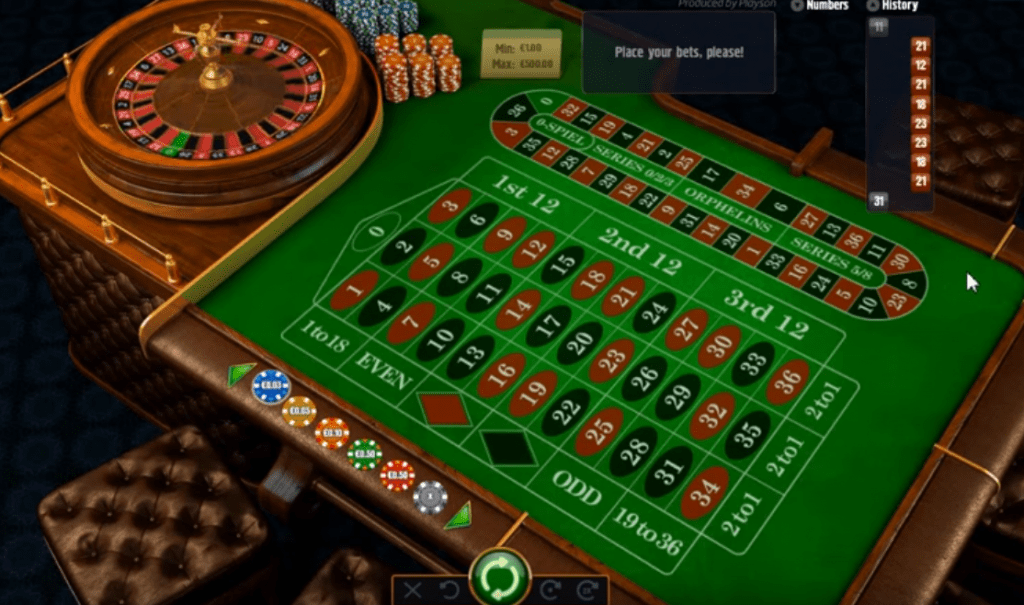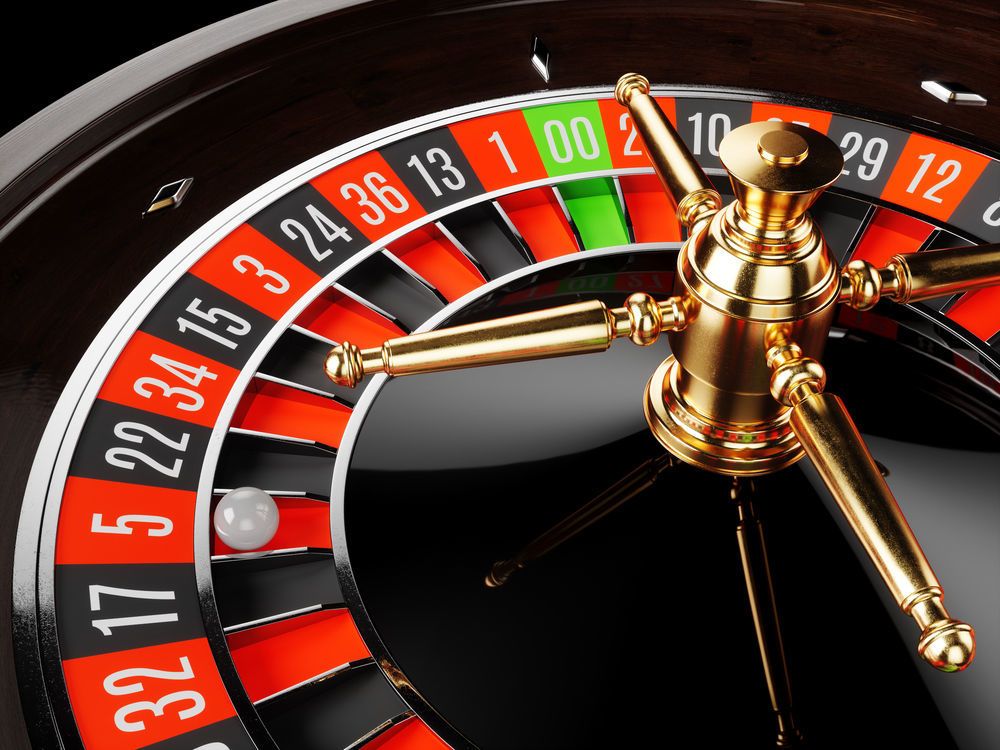The basic element in gambling is not luck but strategy. This comes from years of learning patterns of the game and its thorough calculations. Like other casino games, roulette has its share of strategies. These may turn out to be hard for beginners to implement due to the lack of knowledge but have remained one of the key game-changer over the years.
Martingale system:
The most fundamental question in betting is whether there is any magic trick. Is there a way to pull it off? That depends. One of the strategies in the roulette is the Martingale system. However, its been described extremely risky, Martingale emphasizes the progressive strategy. You simply double your bet after every loss. Paroll system tells you to double the bet after every win. Both of the strategies are a good way to recompense and rise quickly but are also very risky. Where both of the strategies can make hefty amounts, it can sink the game completely.
Andrucci strategy:
Everything requires calculation in the life of gambling. The situation we face is randomized and organized in such a way that if something happens in one part of the world, the other part is affected. This theory is based on chaos theory. Few numbers appear more than the other and many players can recognize it. The strategy requires the players to recognize these numbers and place their bet accordingly.
D’ Alembert:
This strategy is simple. The player bets on even money and doesn’t raise. That means he keeps his bet the same as long as he continues to win and if he loses, he puts in an additional coin. In comparison to the Martingale, it isn’t aggressive and the only drawback of the strategy is that you wouldn’t get your money back within a short period. Though there are no higher losses in the strategy either.
Fibonacci:
The strategy is based on a mathematical equation. Though the system comes up with an element of risk, it’s comparatively less aggressive than its counterparts. The equation is easy to understand. Each number represents the sum of two numbers that came before I.e. 1, 1, 2, 3, 5, 8, 13, 21, 34, 55, 89, 144. In application with the wheel, these numbers represent the betting unit. The equation can be manipulated to ensure that there are lesser losses. Compared to other strategies, Fibonacci can ensure a stable position and gradually rise to the summit.

Neighbouring:
Another strategy is pretty simple. You first need to know what number you will place your bet on and once you have known, you wager your money on the neighboring numbers too. The logic is that if you place a bet on a certain number and the ball misses it, there are higher chances that it will land nearby. The strategy finds its place among the new and old players, but as far as its application is concerned, it all depends on your experience of the game.
Roulette is a game of experience and luck. There is no single strategy to pull it off. Different players have different strategies accompanied by knowledge of the game. Furthermore, it all depends upon the game and its applicants. The understanding of the patterns comes through hours of spinning. The game is also dependent on the body language of the croupier, speed of the ball, wheel condition and your ability to understand all this. Nothing in a casino is to be taken lightly and has a reason behind it. Roulette, strategy or no strategy at all, is no doubt a fun one to try hands at.

